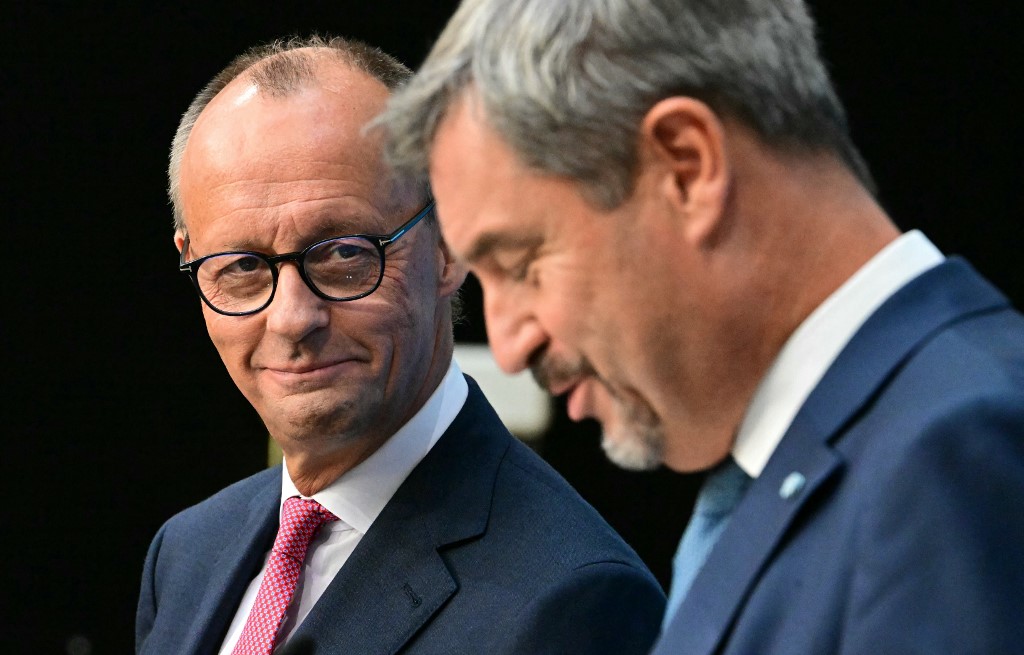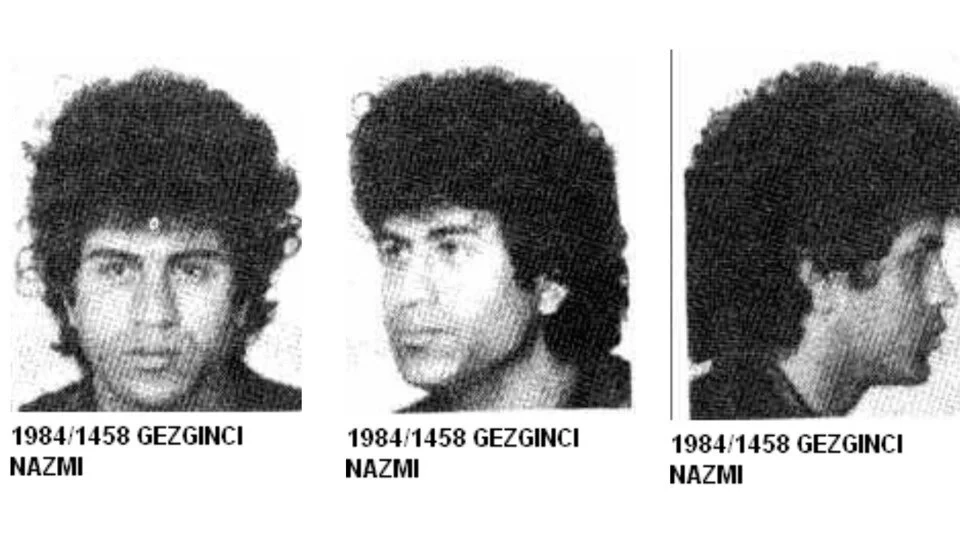German opposition calls for stronger Türkiye ties to promote Middle East peace
 People hold a banner featuring President Recep Tayyip Erdogan as members of the Syrian community and supporters gather to celebrate the fall of Syrian president Bashar al-Assad in Istanbul, Türkiye, Dec. 8, 2024. (AFP Photo)
People hold a banner featuring President Recep Tayyip Erdogan as members of the Syrian community and supporters gather to celebrate the fall of Syrian president Bashar al-Assad in Istanbul, Türkiye, Dec. 8, 2024. (AFP Photo)
Friedrich Merz, leader of the Christian Democratic Union (CDU) in Germany, called for Europe to bolster its relationship with Türkiye to help foster peace in the Middle East. Speaking to German broadcaster RTL on Monday, Merz underscored the growing significance of Türkiye in regional affairs amid shifting geopolitical dynamics.
Merz highlighted Türkiye’s increasing influence following the diminishing role of Russia in Syria. “Russia was a power that protected Syria and its regime. And Türkiye has grown stronger and is now going to play an even greater role in the entire Middle East region,” he said.
The CDU leader, who is also the party’s candidate for chancellor in the upcoming snap elections on Feb. 23, stressed that a closer partnership with Türkiye is crucial for political stability in the region.

“To establish political peace in this region, we must now work much more closely with Türkiye,” Merz emphasized, adding that building stronger ties with Ankara is a “duty of German and European politics.”
Despite his calls for collaboration, Merz cautioned against making hasty conclusions regarding the situation in Syria, urging patience before declaring an end to the ongoing civil war. His remarks come after a significant military shift in the country.
On Nov. 27, Syrian opposition forces launched a rapid 10-day offensive, seizing key cities and ultimately capturing the capital, Damascus, on Dec. 8. The swift advance, supported by defecting military units, led to the collapse of the Assad regime after more than 13 years of civil war. Syrian President Bashar al-Assad and his family fled to Moscow, where they were granted asylum.



